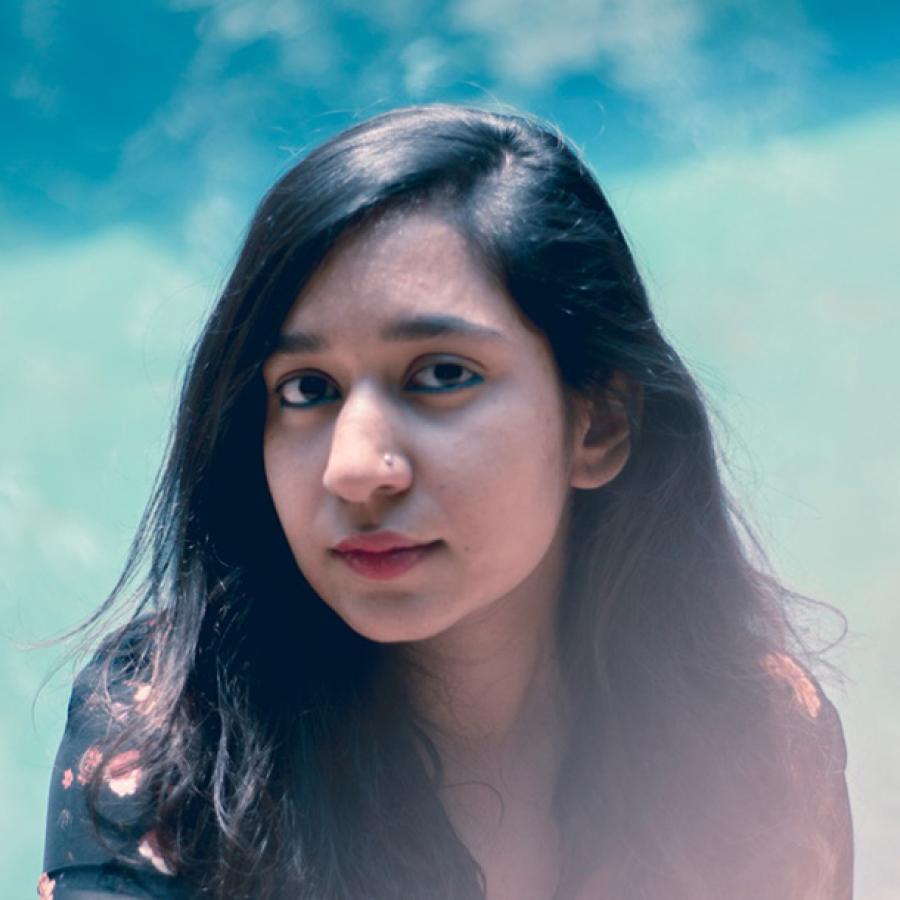For Mekhala, studying Modern & Contemporary Art: History, Curating & Criticism at ECA, fostered her love of both art and law and encouraged her to pursue her interests in the field.
Mekhala was able to offer support and pro-bono legal advice to artists and art organisations based in Edinburgh and Glasgow throughout her studies and since graduating has been able to continue both her work as a lawyer and her studies through a PhD.
Why I choose to study at ECA
Prior to studying at ECA, I worked as a lawyer for artists and art workers, advocating for their working conditions, legal issues such as facilitating, marketing and regulating of the art market, and other global human rights concerns for artistic practices. At ECA, the unique program offered by Angela Dimitrakaki and her core team, focused on these areas from art history, theory and curating. The repertoire of research, teaching and support offered by her and her core team on the programme shaped my approach of thinking about art, artistic practices, and research methodologies as it also encouraged me to bridge the gap between two disciplines: law and art.
My time at ECA
My focus at ECA was to unlearn, learn and approach law (the very inaccessible legal language) from the perspective of art theory, history and curating. I find that it paved the way for me to consider and approach my legal practice differently, so I was able to offer, support and give pro bono legal advice to artists and art organisations based in Edinburgh and Glasgow, which I consider very inspiring as it has allowed me to foster and build stronger relations with artists and clients in my legal practice to this very day.
At ECA, the global contemporary research group lead by Angela Dimitrakaki and her core team was a crucial working group that allowed for a safe space between academics and students alike, to present, think through and recap research strands on a range of diverse issues within globalisation and more. I was also constantly encouraged to develop and lean into my own research interests independently with tremendous support from the program and the working group.
I would highly recommend students and academics, artists’ and art workers participate in the working group for the exchange of ideas, harnessing of resources and opportunity to change the way we see, experience, sense and participate in our culture and society through the lens of art.
If I could start again, I would prefer a longer period of intense study and more of artistic practice (via applied arts) which I think is necessary. A one-year Master's programme that is theoretical is very short and time flies by so quickly. Due to my parent’s terminal illness, I missed my second semester as I was away caregiving for her, yet Angela Dimitrakaki and her core team were compassionate. They were truly mentors that guided me, gave me enough time to study and to work on my thesis. This was a turning point for me as I really appreciated that the academics as well as the University rose to my difficult times to support me in completing my studies.



